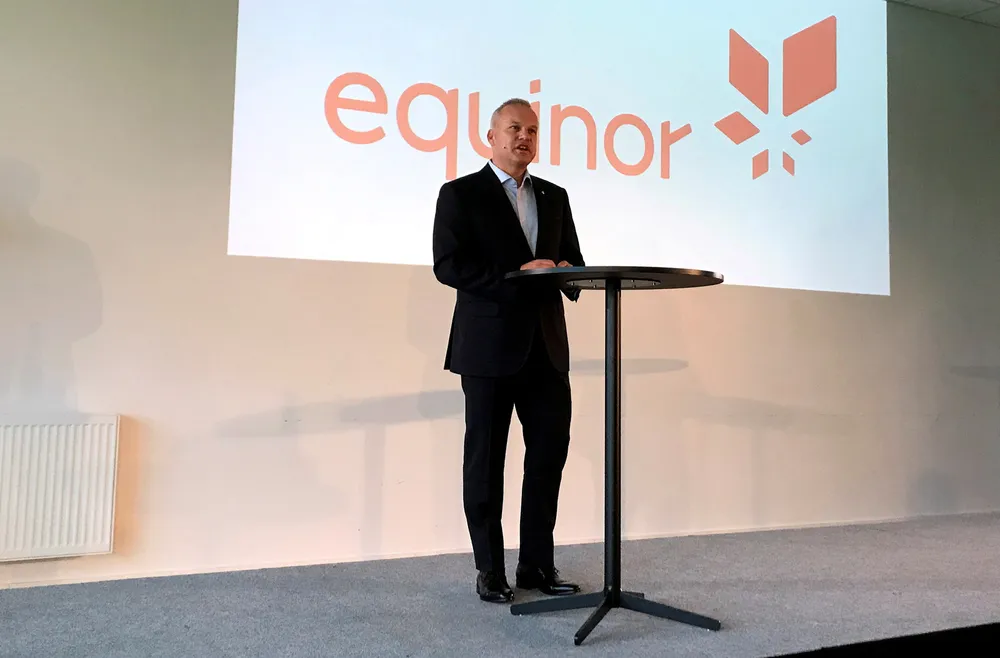Equinor leaves some North Sea oil in the ground to respond to Europe's gas crisis
The move is unusual, but soaring gas prices, allied to socioeconomic and environmental concerns, are changing the valuation of oil and gas production ratios

The move is unusual, but soaring gas prices, allied to socioeconomic and environmental concerns, are changing the valuation of oil and gas production ratios
